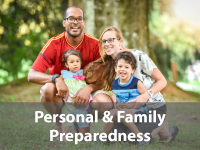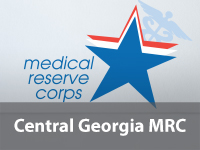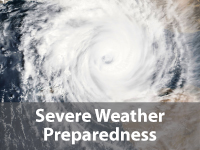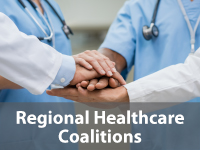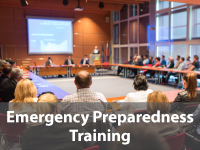Emergency Preparedness for Functional & Access Needs
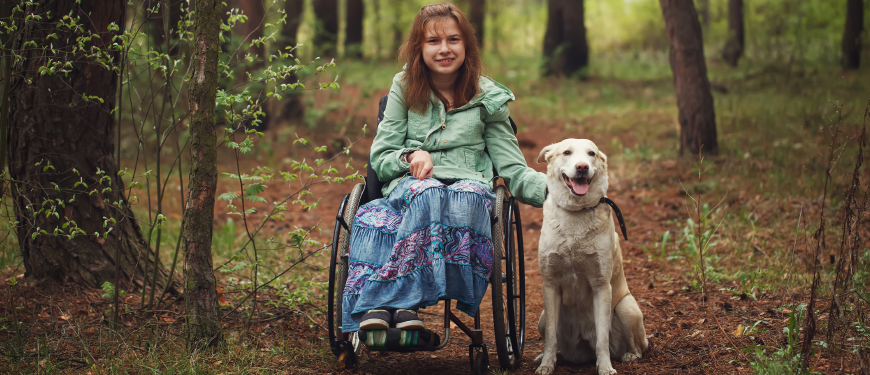
Overcoming Emergencies
It is especially important for people with functional and access needs to prepare in advance for disasters. Plan to make it on your own, at least for a period of time. It’s possible that you will not have access to a medical facility or even a drugstore. The more planning that you do in advance, the easier it will be for others to help you in case of an emergency.
Create a support network in advance to help in an emergency. Tell these people where you keep your emergency supplies. Contact your local Emergency Management Agency. Many of them keep lists of people with special needs so they can be located quickly in a sudden emergency.
Preparing to Face a Disaster
In addition to basic preparedness actions, individuals with functional or access needs and their network of family and friends must consider extra needs. Supply kits and emergency plans should be created to address an individual’s specific needs – a basic supply kit and plan are good starting points, but both should be customized as needed.
Items to Add to Your Supply Kit
Special Needs Supply Kit
- Non-perishable foods that meet dietary restriction needs
- Medications – 1-week supply in original containers with prescription labeling
- Batteries or charging cable and converter for hearing aid, wheelchair or other powered medical devices
- Oxygen tank, regulator, tubing and mask/cannula
- Catheters
- Medication syringes
- Dressing supplies
- Incontinence pads
- Vascular access device
- Pacemaker equipment
- Dialysis shunt
- Extra glasses
- List of style and serial number of medical devices
- Instructions for operating your equipment
- Weather radio with text display and flashing alert
- A TTY
- Pen and paper to communicate with someone who does not know sign language
- Contact information for doctors, relatives or friends that can be notified if you are hurt.
Create a Plan
Additional planning for functional and access needs individuals should include:
- Build a support network of family, friends, doctors, community members and anyone else that may be able to help in an emergency.
- Let your support network know where you keep your supply kit.
- Teach people in your support network how to properly operate and transport your medical equipment.
- Contact your local Emergency Management Agency – many offices keep lists of people with disabilities so they can be helped quickly.
- If you require life-sustaining treatment, like dialysis, keep a record of multiple facilities that may be available.
- Talk to your healthcare provider about how you can keep medical equipment operating during power outages.
- If you have a communication disability, note the best way to communicate in your emergency information.
- Wear medical alert tags or bracelets.
Training and Resources
The Central Georgia Medical Reserve Corps has developed a presentation specifically designed to teach participants how to create an emergency plan to fit their medical needs. The course, Emergency Preparedness for Functional and Access Needs Populations, is around an hour long, but can be adjusted as needed. To request a presentation for you organization, call 478-751-3029 or contact the Central Georgia Medical Reserve Corps Coordinator with a completed form.
The Georgia Emergency Preparedness Coalition for Individuals with Disabilities and Older Adults is a statewide group dedicated to helping those with functional and access needs prepare for emergencies. The coalition links advocacy groups with emergency preparedness agencies and advocates for greater disability awareness in emergency planning. Read the coalition fact sheet for more information or watch their sign language introduction.
Learn about our related emergency preparedness services
Additional Resources:
- Ready.Ga – Georgians with Access and Functional Needs
- DisasterAssistance.gov – Disabilities or Access and Functional Needs
- CDC – Emergency Preparedness for People with Disabilities
- FEMA Mobile App – Receive emergency notifications on your mobile device
- Ready.Ga – Emergency Preparedness Tips in Sign Language
- Georgia Emergency Preparedness Coalition – Emergency Preparedness Brochure in Sign Language
- Ready.Ga – General Emergency Preparedness Guides in Braille: .BRL .BFM .ABT .BML
- Ready.Ga – Preparedness for Older Georgians
- NOAA – Emergency Warnings for People with Hearing Loss
- Together We Prepare – Emergency Preparedness Sign Language Video Series
- Create a Communication Card


 Contact Us
Contact Us Locations
Locations Job Openings at North Central Health District
Job Openings at North Central Health District Internships
Internships Board of Health
Board of Health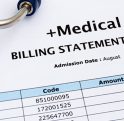 Cost and Insurance
Cost and Insurance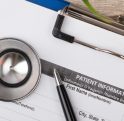 Privacy Policy
Privacy Policy Teens & Adults
Teens & Adults For Children
For Children Other Programs
Other Programs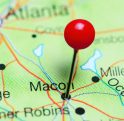 County Environmental Health Offices
County Environmental Health Offices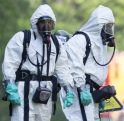 Chemical Hazards
Chemical Hazards Tourist Accommodations
Tourist Accommodations Food Service
Food Service Rabies Control
Rabies Control Lead Poisoning Prevention
Lead Poisoning Prevention Body Art
Body Art Land Use
Land Use Swimming Pool Program
Swimming Pool Program Water Testing for Private Wells
Water Testing for Private Wells Environmental Health Complaints
Environmental Health Complaints Georgia Food Recall Alerts
Georgia Food Recall Alerts Personal & Family Preparedness
Personal & Family Preparedness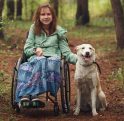 Emergency Preparedness for Functional & Access Needs
Emergency Preparedness for Functional & Access Needs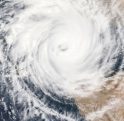 Severe Weather Preparedness
Severe Weather Preparedness Emergency Preparedness Training
Emergency Preparedness Training Medical Reserve Corps
Medical Reserve Corps Regional Healthcare Coalitions
Regional Healthcare Coalitions Strategic National Stockpile/Medical Countermeasures
Strategic National Stockpile/Medical Countermeasures